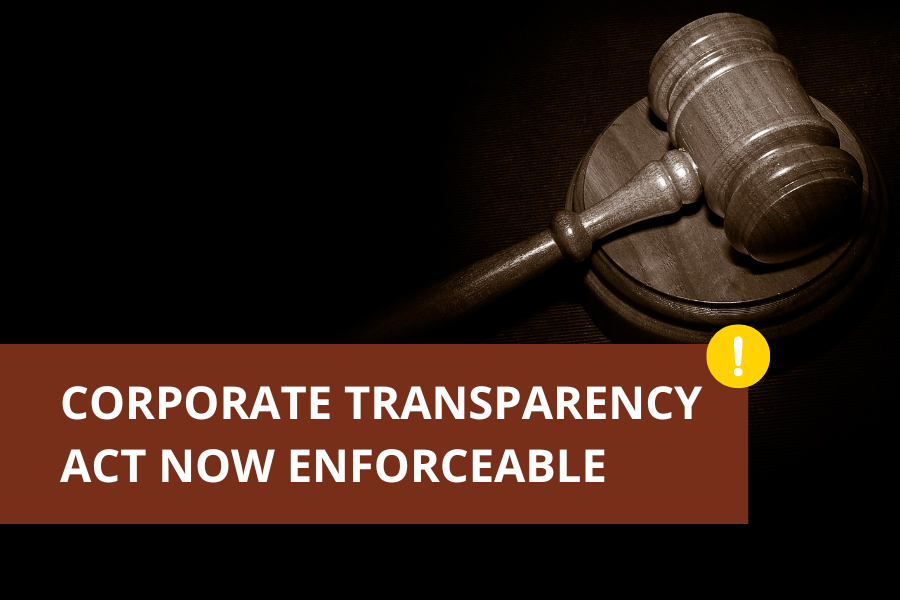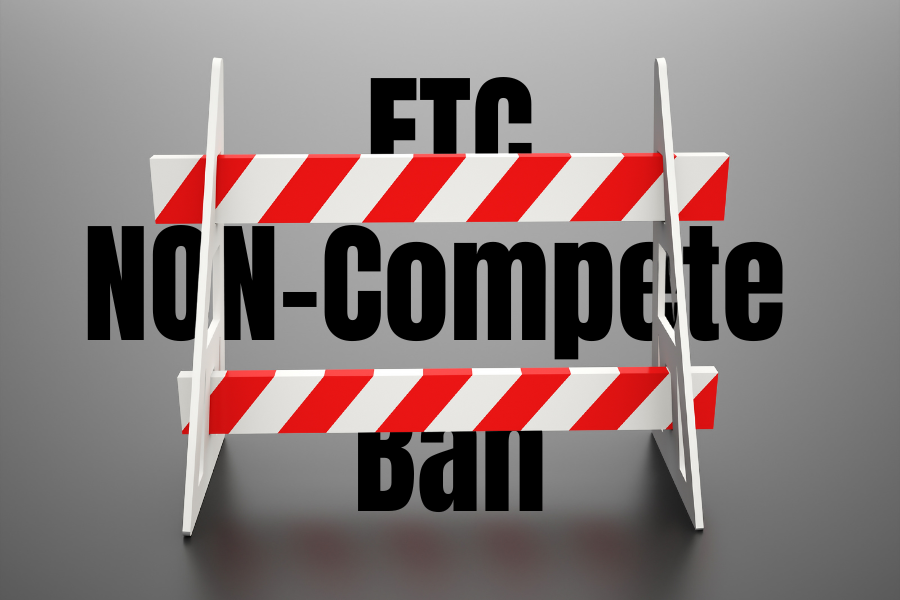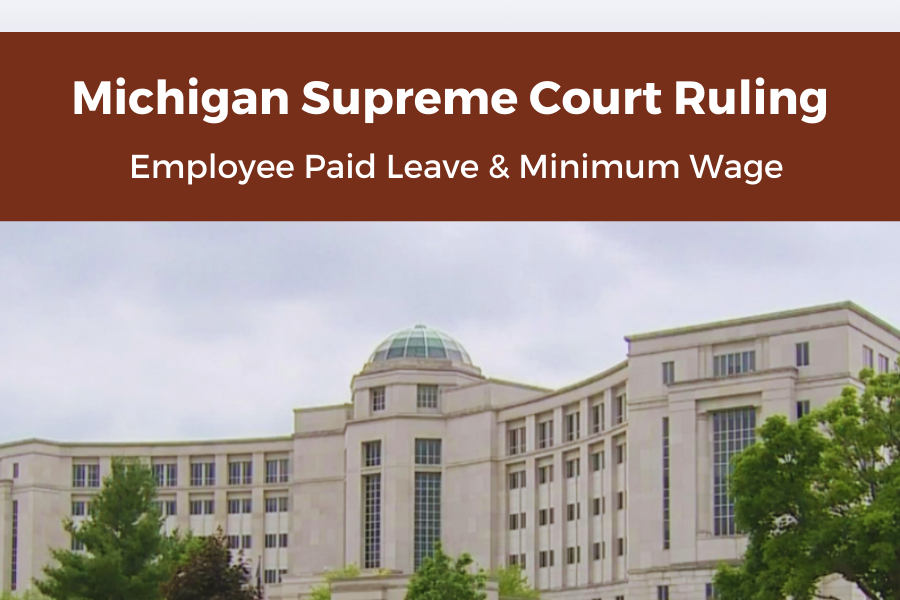Whether you are a commercial landlord or tenant, COVID-19 has likely impacted your business. And in many cases here in Michigan it has specifically impacted the ability of tenants to pay rent while unable to operate their businesses. As such, many commercial landlords and tenants are left scrambling to determine their rights and to find amicable solutions to resolve these temporary revenue interruptions to both parties.
This article provides practical, win-win solutions for commercial landlords and tenants to resolve nonpayment concerns as the economy slowly begins its assent back to normalcy.
- Amortize the missed payment amounts over the remaining term of the lease. This is perhaps the most common method to deal with a COVID-19 payment deficiency. Rather than attempt to evict the tenant or seek any sums owed following the expiration or termination of a lease, the parties instead take the missed payments and roll them into the remaining amount owed for the duration of the lease and then raise each payment accordingly once the tenant has resumed operations. For example:
Tenant missed three rental payments at $5,000 per month during the COVID-19 shutdown for a total of $15,000. Now, tenant has reopened for business and has 18 months remaining on its lease. 18 months of rent at $5,000 totals $90,000. In this scenario, landlord would add the $15,000 to the $90,000, which totals $105,000, and divide that by 18 to determine the new monthly rent payment for the remainder of the lease term, which would be $5,833.33.
If the parties choose this option a lease amendment should be executed to memorialize the agreement in writing and to reflect the new monthly payment. Although a separate repayment agreement may also suffice if carefully drafted.
- Enter into a short-term repayment agreement. If either party does not want to amortize missed payment amounts over the course of the remaining term (especially if the lease has a lengthy period remaining), then a short-term repayment agreement may work better. For example:
Sticking with the above example, tenant missed three $5,000 payments totaling $15,000. But here the parties would instead agree to pay the missed payments off much sooner. In this scenario, tenant would pay larger amounts each month to makeup the COVID-19 rent shortfall. Terms can vary, but for illustrative purposes, the parties could agree to have tenant pay an additional $2,500 to landlord each of the next six months. That means that tenant would pay $7,500 per month thereby paying down the rent deficiency in six months. Then tenant would go back to paying $5,000 per month for the remainder of the lease term.
For parties selecting this method, a separate repayment agreement will work if carefully drafted. Although the parties may still feel more comfortable executing a lease amendment.
- Forgive all or a portion of the rent for the term the tenant was unable to operate. While this option may not initially sound like a win-win (at least to landlords) it still may be a good option for both parties. While rent forgiveness will certainly reduce the pressure on a tenant to come up with funds to pay rent for a period the tenant was not permitted to operate by governmental order, it may also build a great deal of goodwill between the parties. Some tenants may be in lines of business that are not yet permitted to reopen or are operating at a reduced capacity, while others may struggle to ramp their sales back up to pre COVID-19 levels. Not to mention that evicting an existing tenant (especially a trustworthy, long-term tenant) and attempting to find a replacement can be costly to landlords. Perhaps even substantially more expensive than simply forgiving all or a portion of the rent payments missed by a tenant due to COVID-19. As such, depending on the circumstances, landlords may want to consider this option to avoid a costly re-leasing process.
The options listed above are just a few ways for commercial landlords and tenants to attempt to work through nonpayment lease defaults resulting from COVID-19. Whether you are a commercial landlord or tenant, you can contact me to discuss these options and other unique solutions for dealing with COVID-19 related issues. You can email me at jwheeler@hilgerhammond.com or call me at 616.458.3600.










